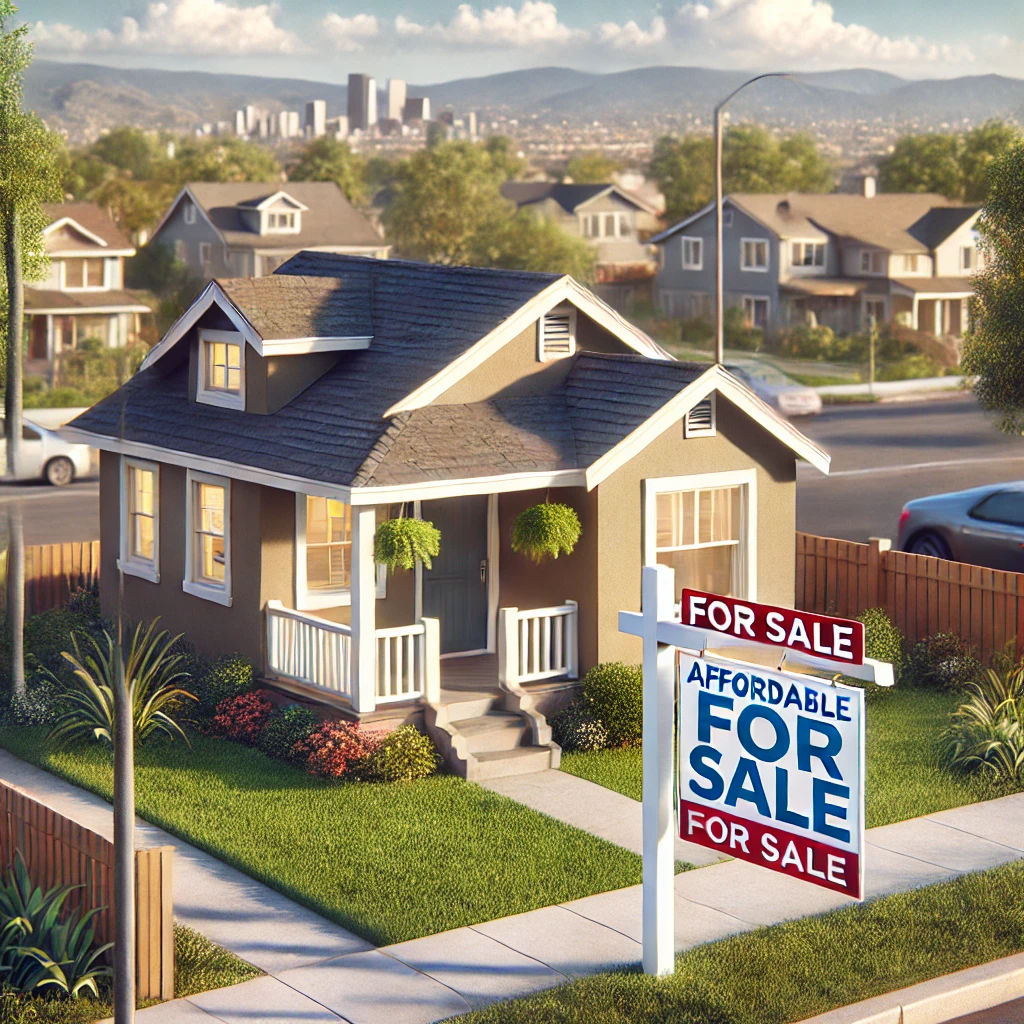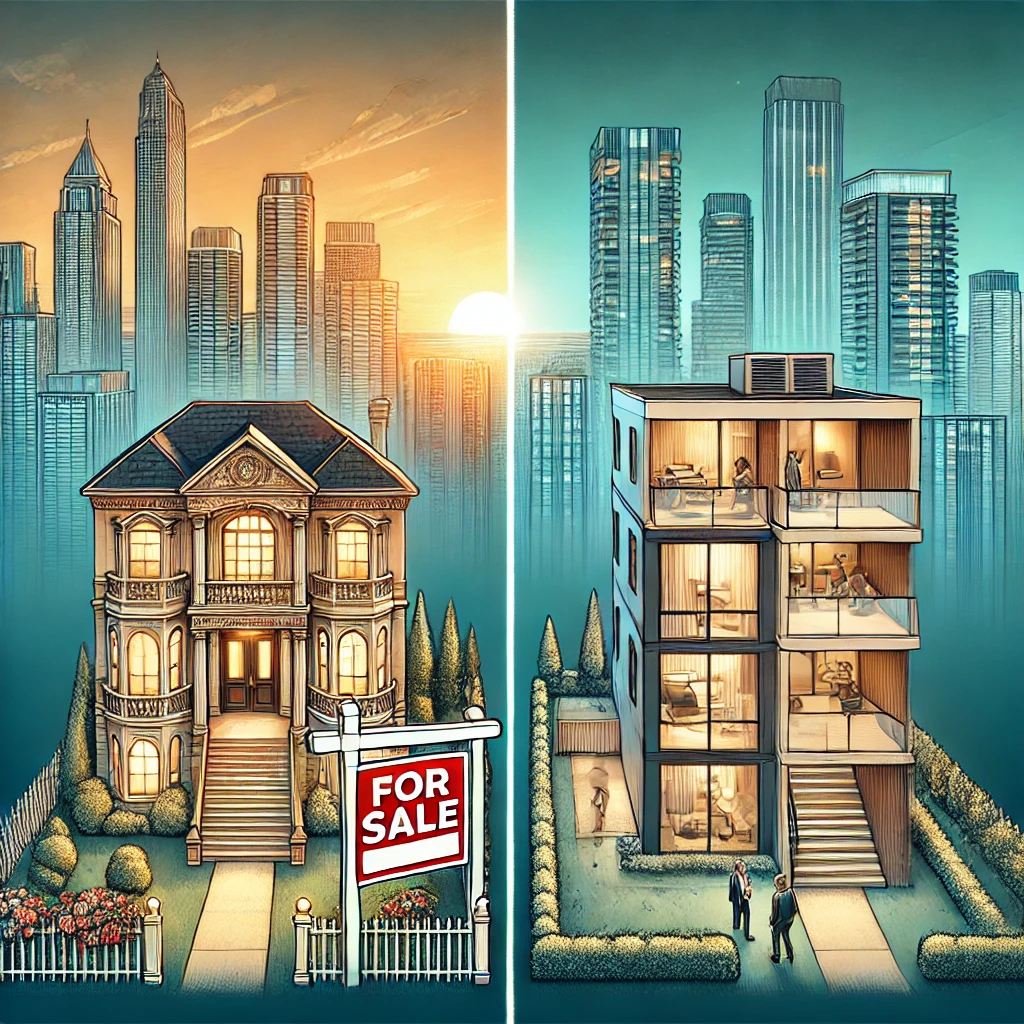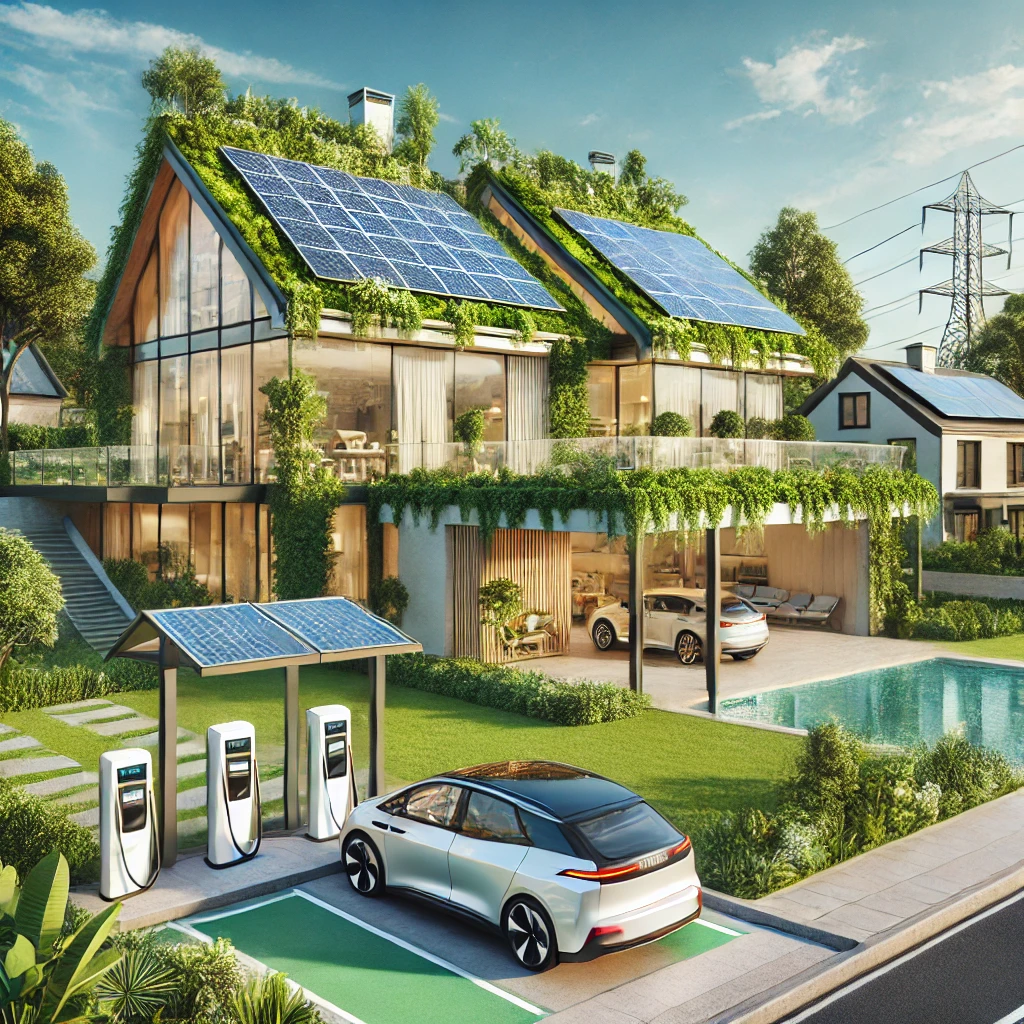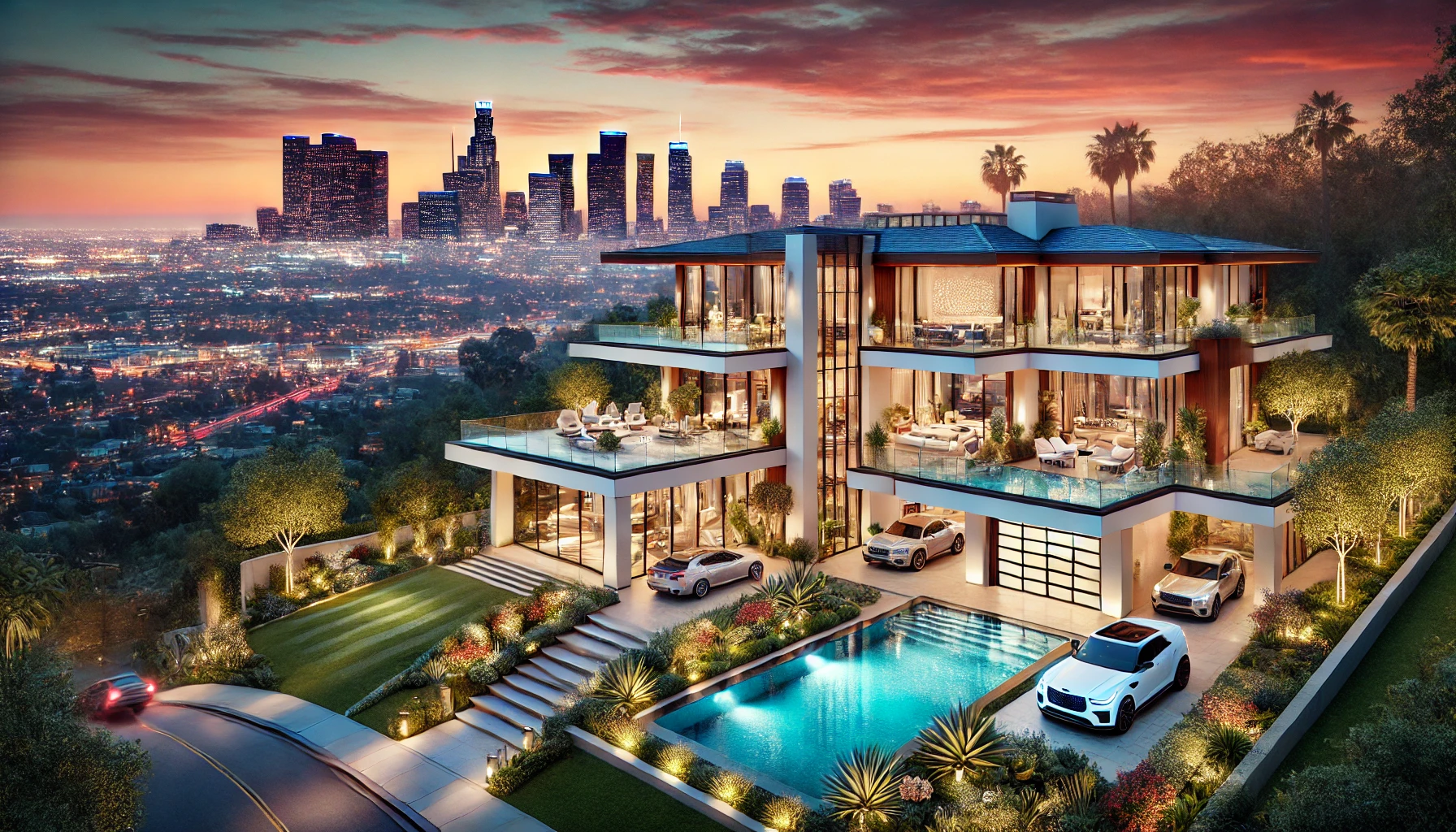How to Find Affordable Homes Near Los Angeles
How to Find Affordable Homes Near Los Angeles Table of Contents 1. Introduction Why Los Angeles housing prices are high The possibility of finding affordable homes nearby Who benefits from buying an affordable home near LA? 2. Best Areas Near Los Angeles for Affordable Homes Inland Empire (Riverside & San Bernardino Counties) Antelope Valley (Palmdale & Lancaster) Ventura County (Oxnard, Camarillo, and Thousand Oaks) San Gabriel Valley (Pomona, West Covina, and El Monte) 3. Online Tools & Resources for Finding Affordable Homes Zillow, Redfin, and Realtor.com MLS Listings & Local Realtor Websites Government Programs & Housing Assistance Websites 4. Alternative Strategies to Find Affordable Homes Buying Fixer-Uppers Foreclosures & Short Sales Off-Market & Pocket Listings Affordable New Developments 5. Financing Options & Smart Budgeting Tips FHA & VA Loans Down Payment Assistance Programs Negotiation Strategies 6. Key Factors to Consider Before Buying Commute & Transportation Property Taxes & HOA Fees Future Property Value & Investment Potential 7. Conclusion Summary of key takeaways Encouragement for buyers to take action — 1. Introduction How to find affordable homes near me in Los Angeles Why Los Angeles Housing Prices Are High Los Angeles has long been known for its high cost of living, and real estate prices continue to rise. Several factors contribute to the expensive housing market, including: Strong job market – The city attracts professionals from industries like entertainment, technology, healthcare, and finance. Limited space for development – LA is densely populated, and the availability of land is scarce. High demand – With millions of residents and a continuous influx of newcomers, competition for housing remains strong. Strict zoning laws – These regulations limit new housing developments, restricting supply and keeping prices high. The Possibility of Finding Affordable Homes Nearby While home prices within Los Angeles itself may be out of reach for many buyers, expanding the search radius can reveal budget-friendly options. Cities and suburbs surrounding LA offer more affordable homes while still providing access to the city’s job market, entertainment, and lifestyle. Who Benefits from Buying an Affordable Home Near LA? First-time homebuyers looking to enter the real estate market without excessive debt. Commuters who work in LA but prefer lower-cost housing in nearby cities. Investors searching for rental properties in high-demand areas. Families seeking more space, good schools, and a better quality of life at a reasonable price. — 2. Best Areas Near Los Angeles for Affordable Homes Inland Empire (Riverside & San Bernardino Counties) The Inland Empire has grown into a prime destination for those seeking affordable housing near LA. Some of the best cities to consider include: Riverside – A historic city with a vibrant downtown, affordable homes, and strong rental demand. San Bernardino – Offers some of the lowest home prices in Southern California, though buyers should research neighborhoods carefully. Ontario & Fontana – Well-developed suburban communities with newer homes, shopping centers, and easy freeway access. Pros of the Inland Empire: ✅ More affordable housing options than LA ✅ Growing job market and infrastructure ✅ Access to major freeways and Metrolink trains Cons: ❌ Longer commute times to LA ❌ Some areas have higher crime rates (varies by neighborhood) Antelope Valley (Palmdale & Lancaster) Located about 60-70 miles from downtown LA, Antelope Valley includes the cities of Palmdale and Lancaster, two of the most budget-friendly areas in Southern California. Palmdale – Known for its family-friendly environment, good schools, and access to aerospace industry jobs. Lancaster – Offers some of the lowest home prices in LA County, with plenty of space and new housing developments. Pros: ✅ Lowest home prices in LA County ✅ Newer homes with large lots ✅ Less congestion compared to LA Cons: ❌ Extreme weather (hot summers, cold winters) ❌ Longer commute times to LA Ventura County (Oxnard, Camarillo, and Thousand Oaks) For those who want to live closer to the coast without paying LA’s sky-high prices, Ventura County offers a great alternative. Oxnard – Affordable coastal city with beautiful beaches and a growing job market. Camarillo – A suburban town with excellent schools and a quieter lifestyle. Thousand Oaks – Offers a mix of affordability and luxury, with great schools and open spaces. Pros: ✅ Close to beaches and outdoor activities ✅ High quality of life with lower crime rates ✅ Strong job market Cons: ❌ Home prices higher than Inland Empire and Antelope Valley ❌ Longer commute to LA for work San Gabriel Valley (Pomona, West Covina, and El Monte) The San Gabriel Valley is a popular choice for homebuyers who want to stay close to LA but need more affordable options. Pomona – Home to Cal Poly Pomona and offers affordable properties with good investment potential. West Covina – A well-developed city with shopping centers, parks, and reasonable home prices. El Monte – Offers lower home prices compared to central LA, with easy access to freeways. Pros: ✅ Closer to LA compared to other affordable areas ✅ Well-developed communities with schools and amenities ✅ Strong appreciation potential for real estate investments Cons: ❌ Home prices are rising quickly due to demand ❌ Some areas have high congestion — 3. Online Tools & Resources for Finding Affordable Homes Zillow, Redfin, and Realtor.com These real estate websites allow buyers to: Search for homes within a specific budget Set alerts for new listings Compare prices in different neighborhoods MLS Listings & Local Realtor Websites Multiple Listing Services (MLS) provide the most up-to-date listings. Local real estate agents often have access to homes before they are widely listed online. Government Programs & Housing Assistance Websites HUD Homes – Lists government-owned foreclosed homes at discounted prices. CalHFA Programs – Offers down payment assistance and low-interest loans for first-time buyers. — 4. Alternative Strategies to Find Affordable Homes Buying Fixer-Uppers Properties that need renovations often sell below market value. Buyers can use renovation loans like the FHA 203(k) loan. Foreclosures & Short Sales Bank-owned properties are often priced lower than regular homes. Websites like … Read more



